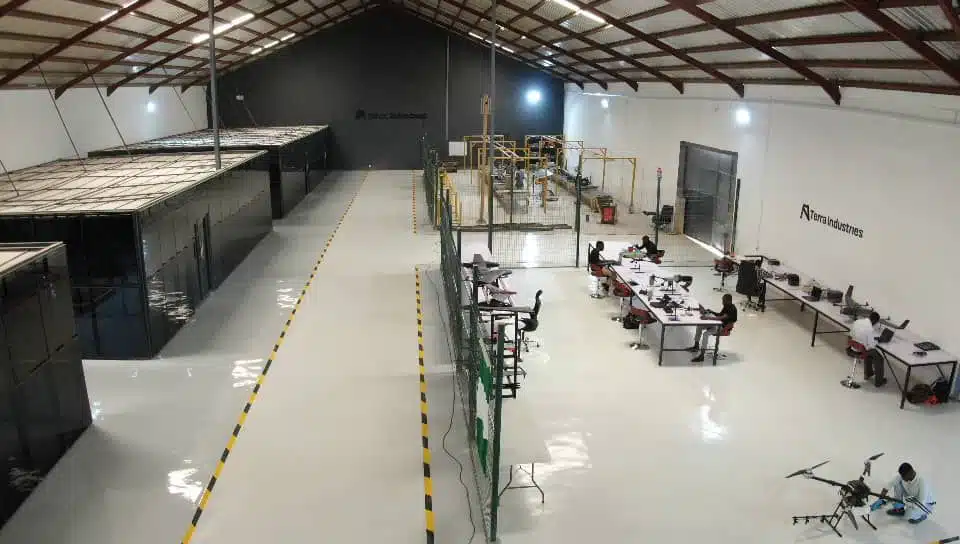- South Africa’s Competition Tribunal has reversed its 2024 decision and conditionally approved Vodacom’s acquisition of a stake in fibre operator Maziv.
- The initial block raised an alarm over Vodacom’s board-level influence and potential to stifle fibre competition.
- The new approval allows the R13.2 billion deal to proceed, subject to behavioural and investment conditions.
In a surprising reversal, South Africa’s Competition Tribunal has conditionally approved Vodacom’s controversial acquisition of a minority stake in fibre network operator Maziv. The R13.2 billion deal, blocked in 2024, will now proceed under strict behavioural and investment-related conditions.
This approval marks a significant win for Vodacom, which has long argued that the merger would accelerate fibre rollout and close South Africa’s digital divide. The tribunal’s decision, announced this month, paves the way for Vodacom to take a 30–40% stake in Maziv, parent company to Dark Fibre Africa (DFA) and Vumatel, solidifying its influence in the country’s broadband market.
However, the tribunal’s approval does not mean it has abandoned its earlier concerns. In its 350-page ruling from March 2025, the body highlighted risks associated with Vodacom’s potential strategic control over Maziv. It argued that such influence — via board representation and shareholder veto rights — could distort competition, especially in fibre-to-the-home (FTTH) and dark fibre markets.
The approval granted this week hinges on conditions aimed at curbing that influence. These include limitations on Vodacom’s access to competitively sensitive information, non-discriminatory pricing obligations, and enforceable commitments to infrastructure investment and job creation. Vodacom has pledged to invest R13 billion over five years and deliver fibre to at least one million new homes.
The case has drawn comparisons with previous landmark regulatory decisions. Notably, in the Mediclinic–Matlosana merger blocked in 2019, the Constitutional Court upheld the Competition Tribunal’s stance that long-term competitive harm outweighed short-term efficiency gains. That precedent appears to have influenced how regulators approached Vodacom’s bid, with a focus on structural safeguards and the broader public interest.
Meanwhile, industry watchers point to the Maziv–Herotel merger, approved earlier this year under open-access conditions, as a model of acceptable fibre-sector consolidation. In contrast, Vodacom’s proposed influence over Maziv raised red flags due to potential conflicts of interest with competing ISPs reliant on DFA and Vumatel infrastructure.
Telkom, one of Vodacom’s fiercest rivals and a long-time opponent of the merger, has not yet commented on the tribunal’s reversal. It previously warned that the deal could entrench Vodacom’s dominance and marginalise smaller telecoms players.
Despite the lingering controversy, the decision reflects a more pragmatic regulatory stance, one that acknowledges the urgent need for infrastructure investment while safeguarding competition. Whether the merger will ultimately deliver on its promises without undermining market fairness remains to be seen.
For Vodacom, the green light is a critical boost to its fibre strategy, especially as mobile data revenue growth slows. For South Africa’s digital economy, the Tribunal’s shift signals that investment and inclusion can be achieved, provided that powerful players are kept in check.

Victoria Fakiya – Senior Writer
Techpoint Digest
Stop struggling to find your tech career path
Discover in-demand tech skills and build a standout portfolio in this FREE 5-day email course











